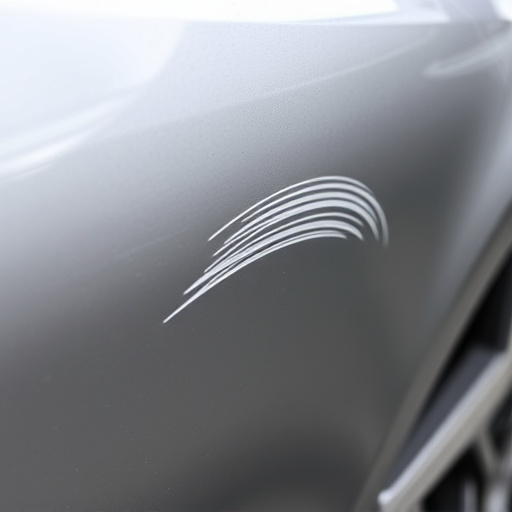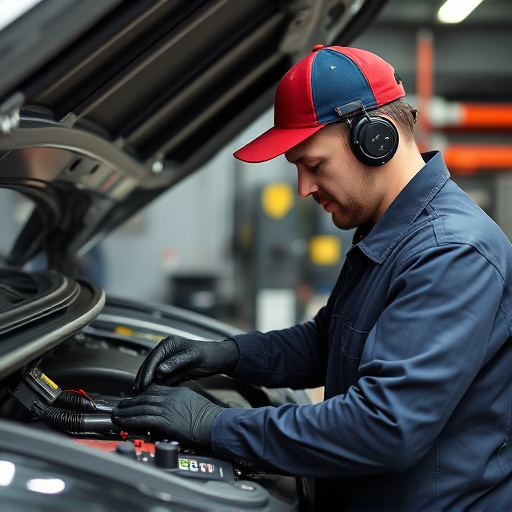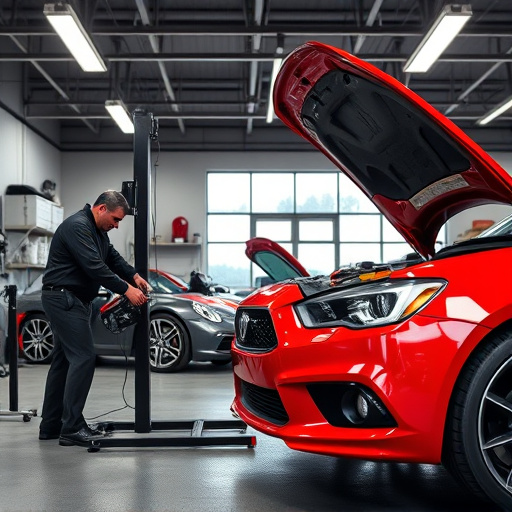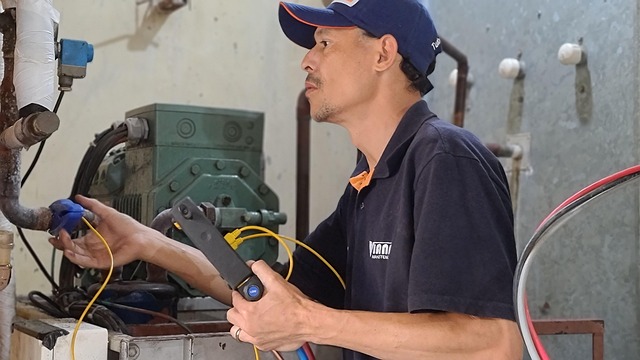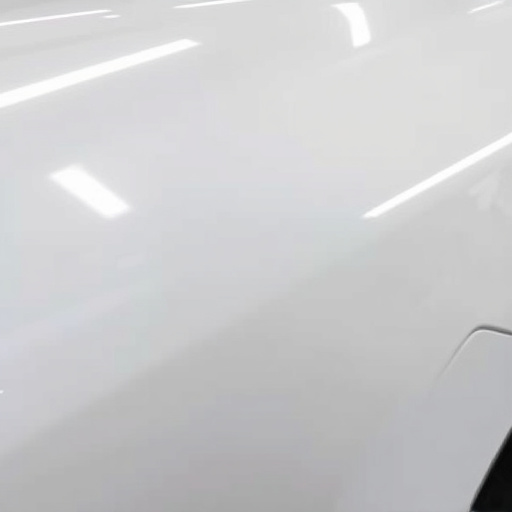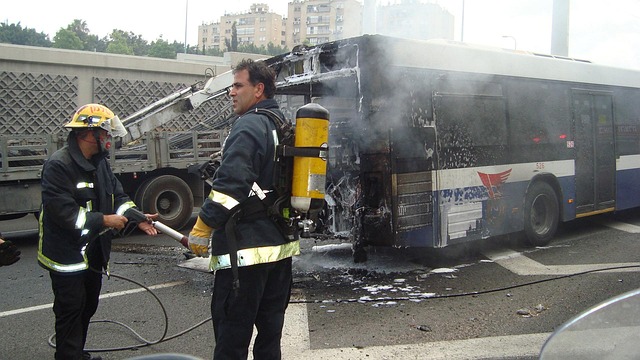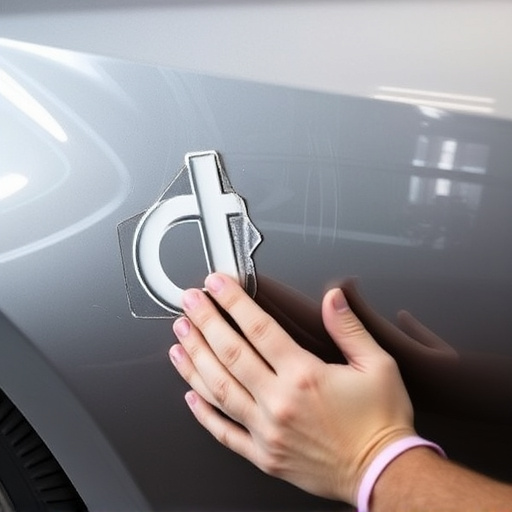Repair quality inspections are vital for vehicles, properties, and lease agreements. They ensure structural integrity, adhere to standards, build trust, document repairs, and facilitate efficient management. For accurate evaluations, conduct visual examinations, functional tests with tools, and cross-reference test results with records to minimize risks and ensure thoroughness.
In many lease and insurance scenarios, understanding and adhering to repair quality inspection requirements is paramount. This article delves into the essence of these inspections, highlighting their pivotal role in ensuring property integrity and tenant safety. We explore strategies for comprehensive evaluations, providing insights that empower stakeholders to navigate these processes effectively. By grasping these concepts, landlords, tenants, and insurance professionals can foster a culture of accountability, leading to improved property maintenance standards.
- Understanding Repair Quality Inspection Requirements
- The Role of Inspections in Lease Agreements
- Effective Strategies for Comprehensive Evaluations
Understanding Repair Quality Inspection Requirements
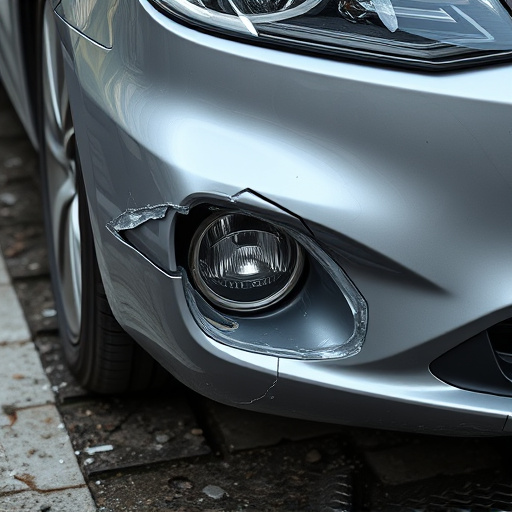
When it comes to lease agreements or insurance claims, ensuring the quality of repairs is paramount. A repair quality inspection plays a pivotal role in this process, acting as a bridge between the damage assessment and the restoration of vehicles. These inspections are designed to verify that repairs are not only visually appealing but also structurally sound and meet industry standards.
For auto repair services or vehicle repair services, especially in cases involving car body restoration, a thorough inspection is mandatory. It ensures that every component is accurately assessed, from panel alignment to paint quality. By adhering to these strict requirements, repair facilities can guarantee their work’s longevity and accuracy, fostering trust with clients and insurance providers alike.
The Role of Inspections in Lease Agreements
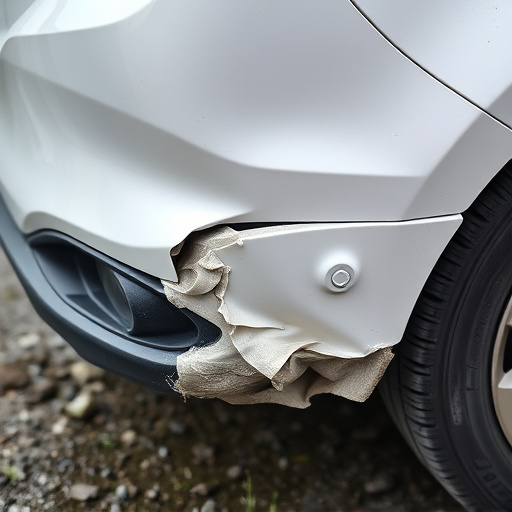
In lease agreements, particularly for commercial or industrial properties, regular and thorough repair quality inspections play a pivotal role in ensuring the integrity and value of the asset. These inspections act as a protective measure for both landlords and tenants, serving as a clear record of the property’s condition at the commencement of the lease. By meticulously documenting existing repairs, damage, or necessary maintenance, inspections provide a baseline for future assessments, making it easier to identify and allocate responsibility for any deterioration or required fixes.
For instance, consider scenarios like a minor fender bender or routine tire services that might occur during the tenancy. With comprehensive inspection reports, it becomes straightforward to determine if such incidents are covered under the lease terms or if they fall within the tenant’s responsibility. This proactive approach not only fosters transparency between parties but also facilitates efficient management of automotive repair and maintenance tasks, ensuring the property remains in optimal condition throughout the lease period.
Effective Strategies for Comprehensive Evaluations
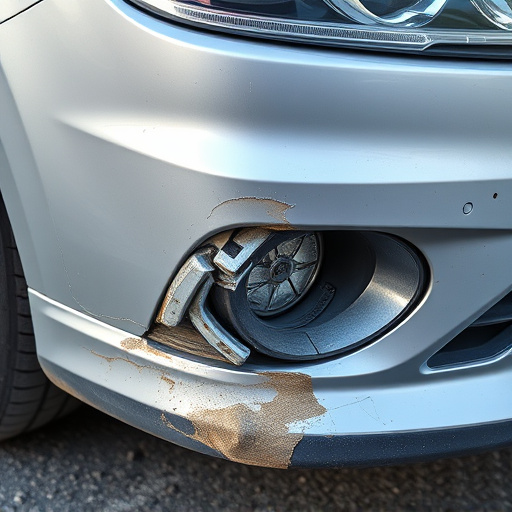
A comprehensive repair quality inspection is paramount when evaluating vehicles for lease or insurance purposes. To ensure accuracy and consistency, adopt structured assessment protocols. Begin with a visual examination, meticulously scrutinizing every aspect of the vehicle’s exterior and interior, including paint job integrity, panel alignment, and trim condition. This initial step captures obvious defects and provides a baseline for further analysis.
Transition into functional testing by evaluating key systems such as brakes, lighting, and engine performance. For auto repair services or classic car restoration, consider specialized tools to measure crucial parameters like compression ratios and electrical system functionality. Cross-referencing these findings with the vehicle’s maintenance records allows for a holistic understanding of its current state. Integrating these structured approaches into your inspection process guarantees thoroughness, minimizing potential risks associated with inaccurate assessments, especially in vehicle repair services.
A thorough understanding of repair quality inspection requirements is essential for both landlords and tenants to ensure lease agreements are fulfilled and insurance claims are processed smoothly. Regular inspections play a pivotal role in maintaining property value, identifying potential issues early on, and facilitating efficient dispute resolution. By implementing effective evaluation strategies, stakeholders can navigate the complexities of these inspections, ensuring every aspect of repair quality is accurately assessed and documented for optimal outcomes.





